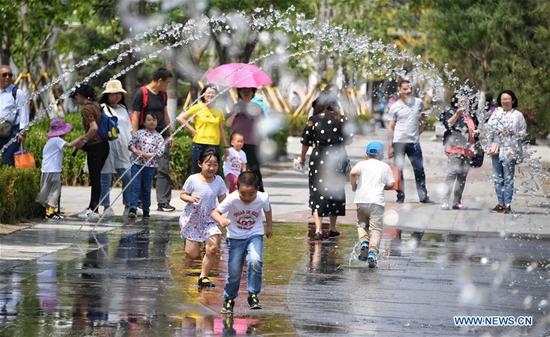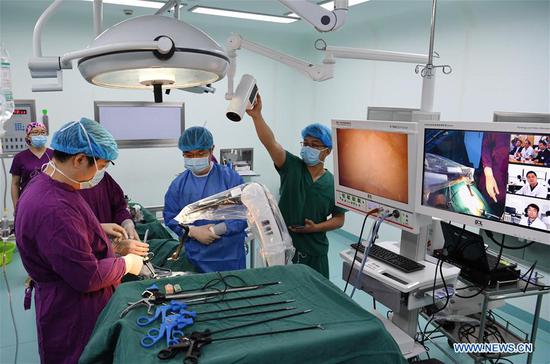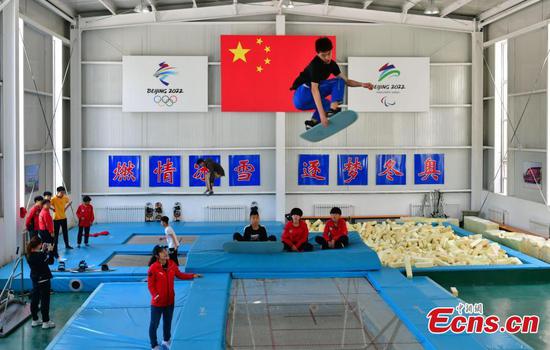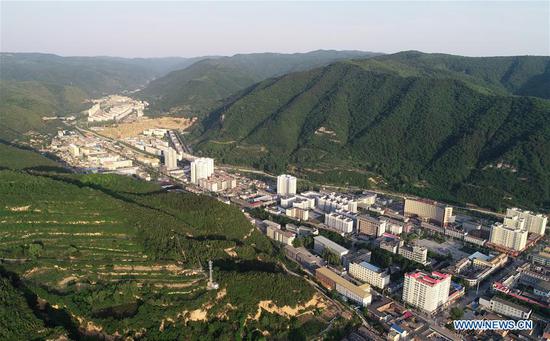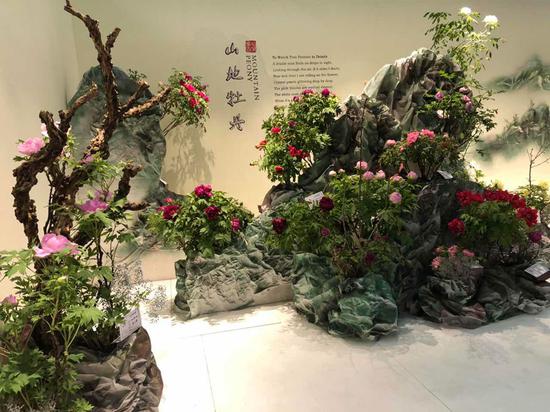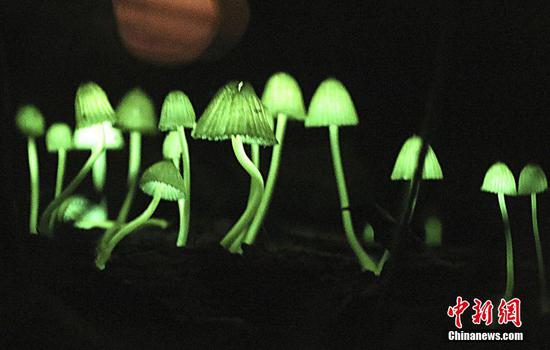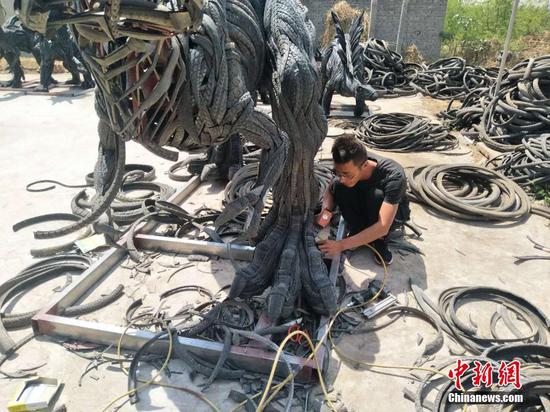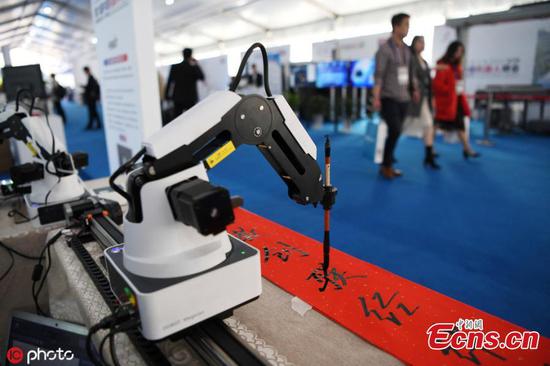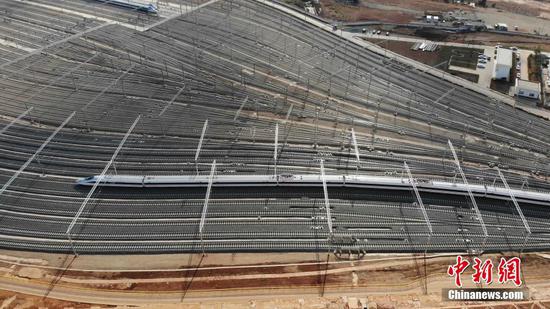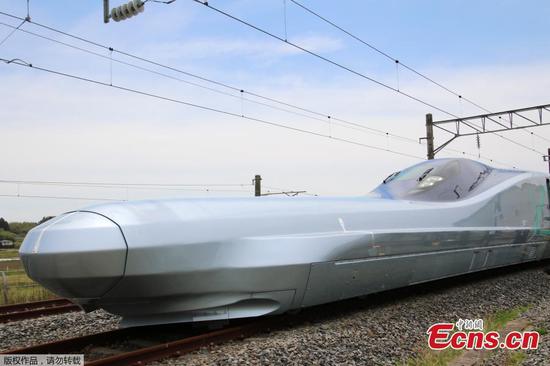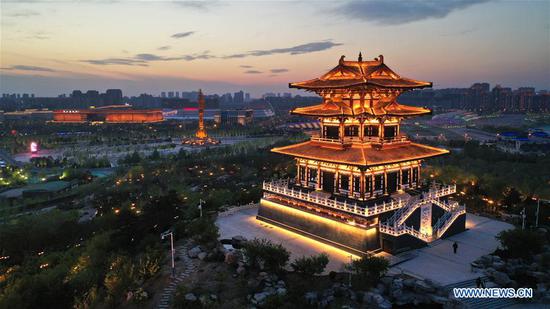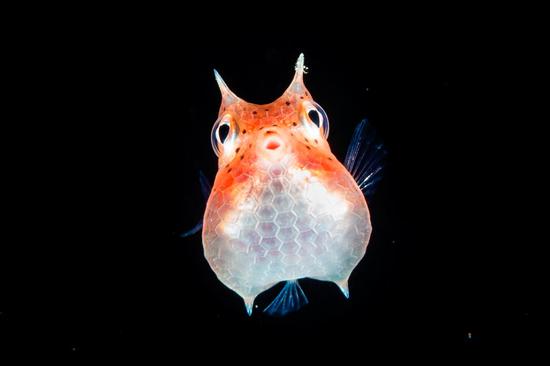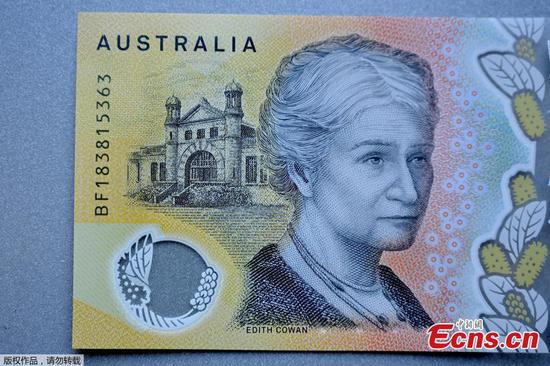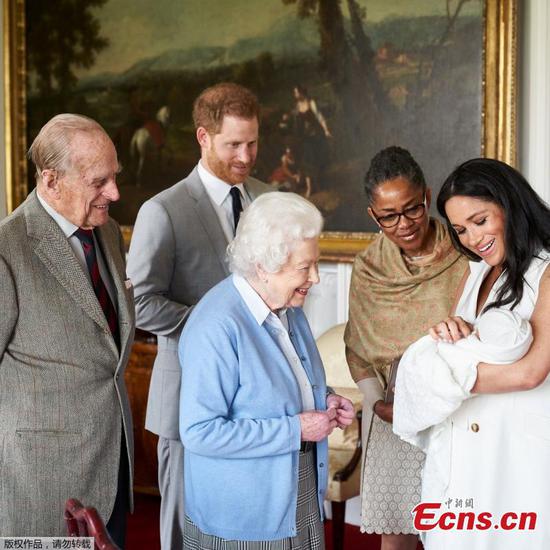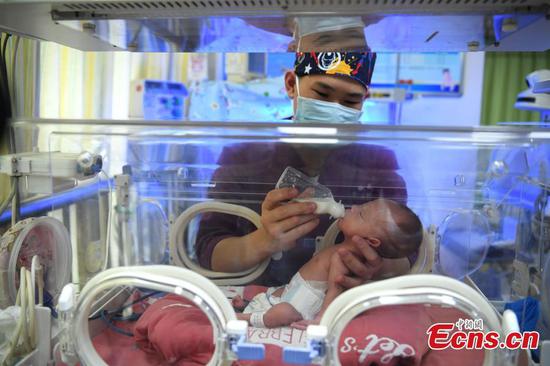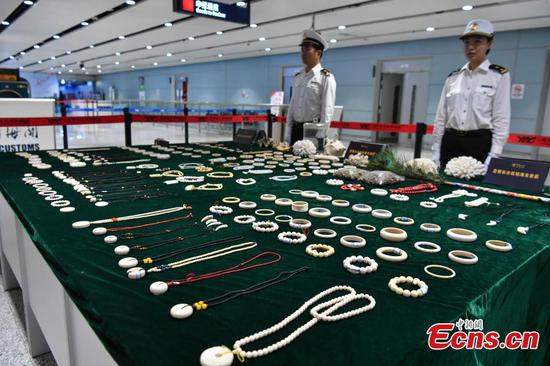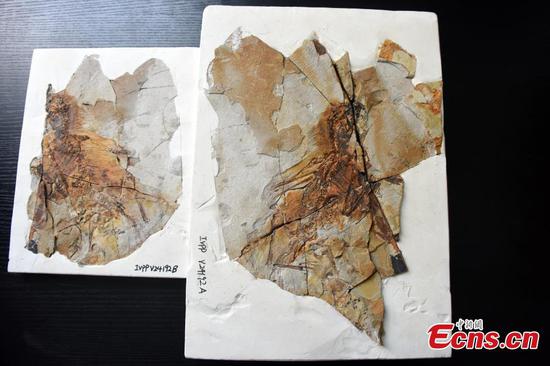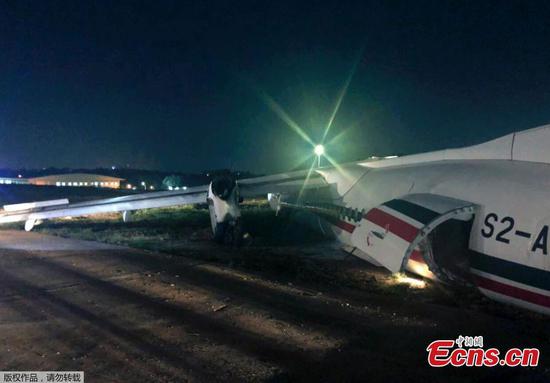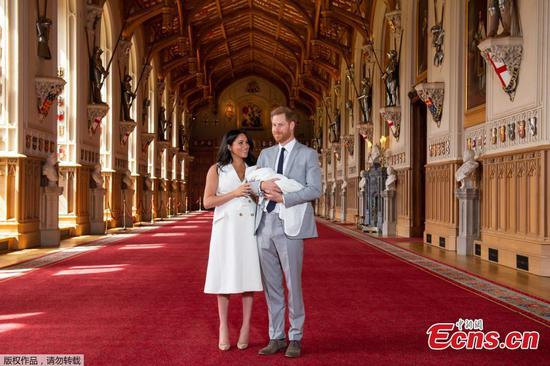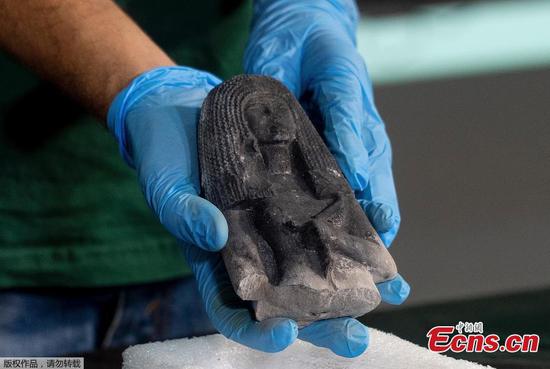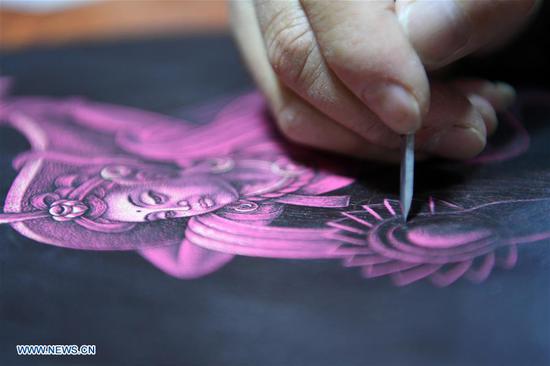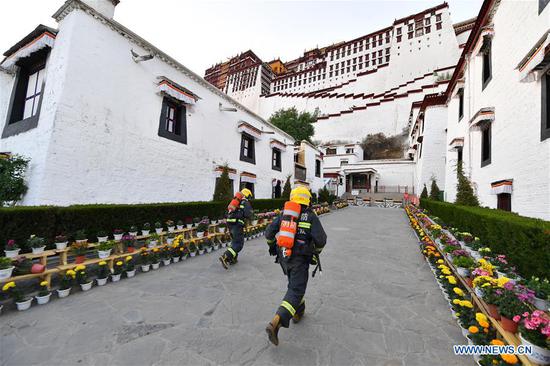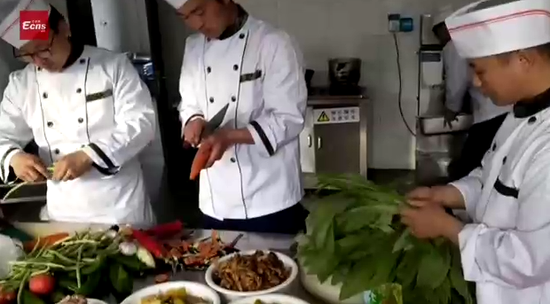Each time Ren Ran introduces his baby girl, he sees the surprise on people's faces. However, he has never regretted the decision to give his daughter her mother's surname instead of his own.
"Before my wife gave birth a year ago, her water broke too early, and she had to receive oxytocin," Ren recalled. "She suffered for an entire day in the delivery room, and I could do nothing." So Ren decided to give their baby girl his wife's surname Ding as a way to show gratitude.
"Mothers are some of the greatest people in the world," Ren said. "They spend almost a whole year pregnant, and they suffer during labor."
In China, newborn babies traditionally take the surnames of their fathers. But in recent years, an increasing number of people are choosing to use the mother's maiden name.
Ren Ran was born in the 1980s, after China began to adopt the family planning policy. Ren's mother knows all too well the pains and difficulties of bearing and raising a baby, so when she heard about Ren's decision, she was supportive.
"My mom has always been quite open-minded, and she believes names are just names," Ren said. "She said no matter what surname I chose for my girl, she would always love her granddaughter."
For thousands of years, giving a child the father's surname has been the status quo in many societies. But as the values of gender equality permeate societies, it is more common in China to see diverse name choices for babies. China's marriage law also allows babies to bear the surnames of either the father or mother.
However, changing centuries-old traditions does not happen overnight. In China, where values from patriarchal systems in a traditionally male-dominated society still prevails, many parents give "compound surnames" to their babies. A compound surname includes the surnames of both the father and the mother.
Wang Ying, 33, has two children. Her husband is surnamed Xu. And just like Ren Ran, Xu was born during the era of the one-child policy. When their first child was born, the couple decided to use a compound surname, as they wanted to satisfy Xu's father's wish to "pass on the family name." The baby was eventually surnamed Xuwang.
When China scrapped the one-child policy, the couple had a second child. The baby followed the surname of Wang.
"My father-in-law is open-minded, and he decided to give my surname to the baby," Wang recalled. "My father was ecstatic."
The baby was named Wang Yitong. Yitong, meaning together in Chinese, bears the common wish of the two families to live amicably together forever, Wang said.
In March, police in Shanghai released a report about names in the city. According to the report, of more than 90,000 newborns last year, 8.8 percent took their mother's surnames, and 2.5 percent bore compound surnames.
In Yinchuan, capital of northwest China's Ningxia Hui Autonomous Region, police officer Guo Yanmiao said that of the 439 newborn babies in his district in 2018, three had compound surnames, while nine took the mother's surname.
"When we handle baby registrations, it is not uncommon to see compound surnames these days," Guo said. "People are becoming more open-minded, and men and women are also becoming more equal."
But the phenomenon has also courted some controversy. On China's famous Q&A website Zhihu.com, supporters of babies taking their mothers' surnames say that the situation highlights gender equality, while many say traditional values should not be broken.
"My baby having my surname shows that women's roles in families are rising," Wang Ying said.
"Whether a baby takes the mother's surname or not should be a consensus among families," she added. "It should not be an issue of conflict."









